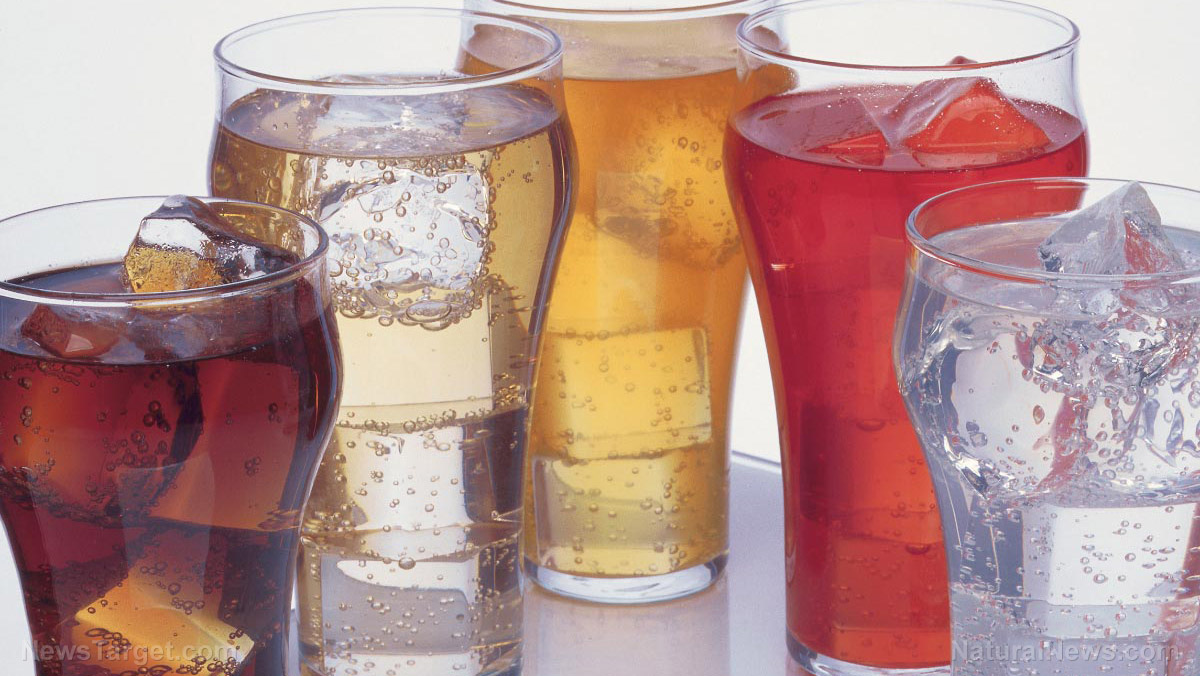
Advertisement
Sugary drinks are frequent staples in cafeterias, usually accompanying lunchtime meals. However, many studies have found that these sweet accompaniments have links with obesity and other health issues. Thus, authorities have banned the sale of sodas, energy drinks, “fruit” drinks and caffeinated beverages. Even former New York City Mayor Michael Bloomberg sought to ban large servings of soft drinks, but was eventually overturned.
But a new study has shown that banning the sale of sugary drinks in workplace cafeterias have a positive effect. The October 2019 study examined the effects of a ban on sweet drinks in the University of California, San Francisco (UCSF). As a result of the study, nine other University of California branches are planning to implement similar bans on sweet drinks.
UCSF Aging, Metabolism and Emotions Center Director and lead author Elissa Epel told The New York Times: “It’s promising because it shows that an environmental change can help people over the long run, particularly those … consuming large amounts of sugary beverages.”
How exactly did the sugary drinks ban impact the UCSF employees?
UCSF employees cut down on their consumption of sugary drinks
The research team examined 214 UCSF employees who worked in service or technical positions before and after sweet drinks were banned in 2015. Prior to the study, the employees consumed an average of 35 ounces of sugary drinks daily. Half of the group were educated on the effects of sugar, with strategies to cut back their consumption.
Ten months after the ban, employees slashed their daily sugar intake by almost half. Average consumption across all participants dropped to 18 ounces within months. However, obese employees saw the largest changes. Obese participants’ intake of sweet drinks dropped by more than 70 percent.
UCSF employees lost weight and belly fat
The research team also found that some participants lost belly fat and trimmed their waist sizes by almost an inch. Approximately half the participants lost weight while the other half gained weight. Reuters reported that participants’ waist circumference dropped by 2.1 centimeters during the study period. However, the study noted that there was no overall change in the body mass index (BMI) of those who participated.
Epel explained that the weight and visceral fat reduction was strongly linked to sugar intake. “The type of fat that we store in the liver and in the abdominal fat tissues is very sensitive to sugar,” she said.
UCSF employees had higher insulin sensitivity
The researchers also found that those who reduced their intake of sweet drinks also happened to improve their insulin sensitivity. According to MedicalNewsToday, high insulin sensitivity allows the body’s cells to more effectively utilize glucose in the blood – reducing blood sugar. Insulin is a key hormone in regulating blood sugar, and problems with its sensitivity may be a precursor to type 2 diabetes mellitus.
The team initially hypothesized that a ban on sugary drinks would result in lower insulin resistance, which the study proved. UCSF professor Laura Schmidt, who was also a co-author, commented that “the idea that you can tweak this one thing and show that kind of effect is pretty exciting.”
UCSF’s ban involved the removal of sugary drinks in cafeterias and vending machines. Only bottled water, diet drinks, unsweetened tea and 100 percent fruit juice were allowed for sale. In addition, more water stations were established around the campus.
Speaking to Reuters, Schmidt commented: “Encourage your employer to create a healthier workplace food environment or start a movement yourself to stop sales of sugar-sweetened beverages. This is actually how the sales ban at UCSF started.” She added that cutting sweet drinks has no downside as they offer no additional nutrients.
University of Connecticut professor Jennifer Harris said sugar-sweetened beverages are the biggest [source] of sugar in people’s diets. She said about the ban: “I think it’s a great policy, and it’s great they actually saw benefits. You could argue that employees would just get their sugar-sweetened beverages elsewhere.”
You can bring your own tumbler if your workplace has water stations. If your office has vending machines for coffee, it is best to take the unsweetened variants to avoid consuming excess sugar. Dropping the sweet habit in your office is relatively easy.
Visit CleanFoodWatch.com to find out how to enjoy food and drink without the added sugar.
Sources:
Advertisements







